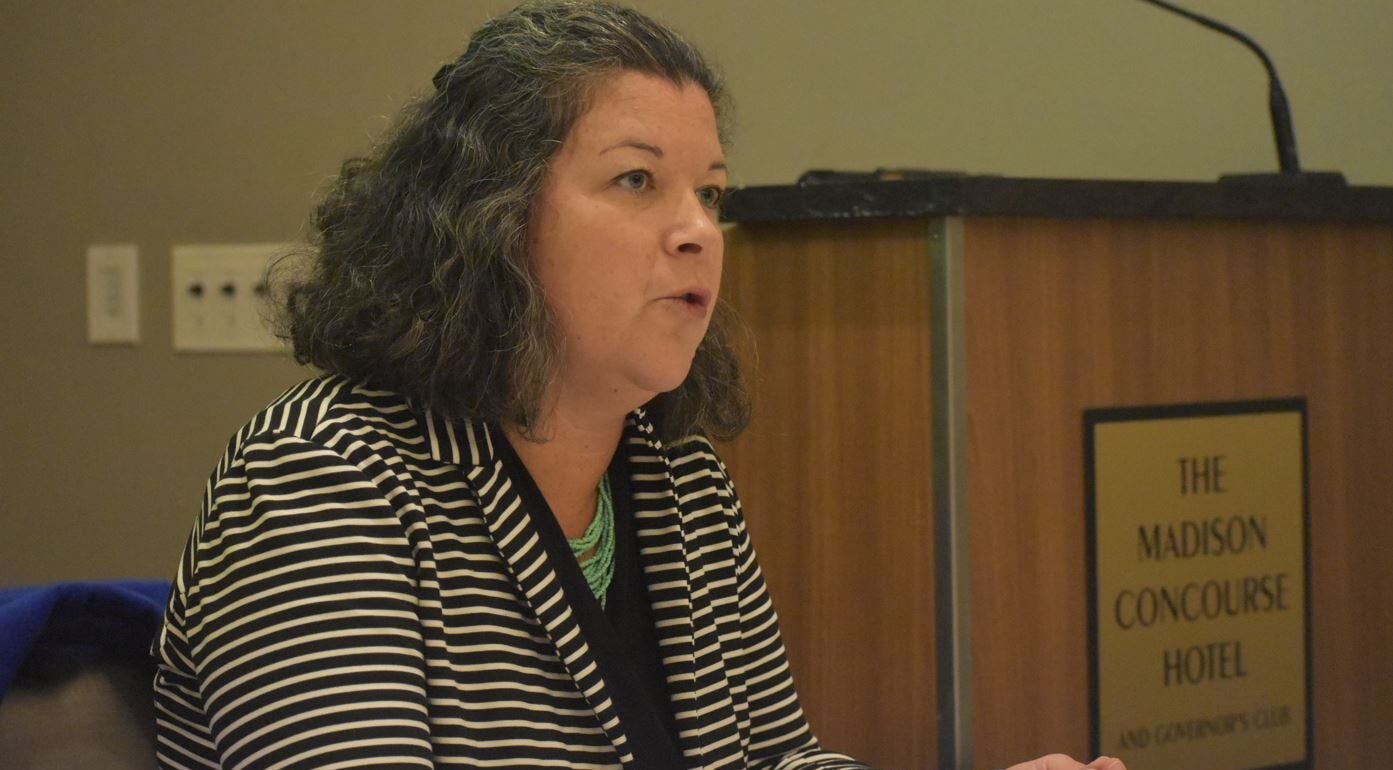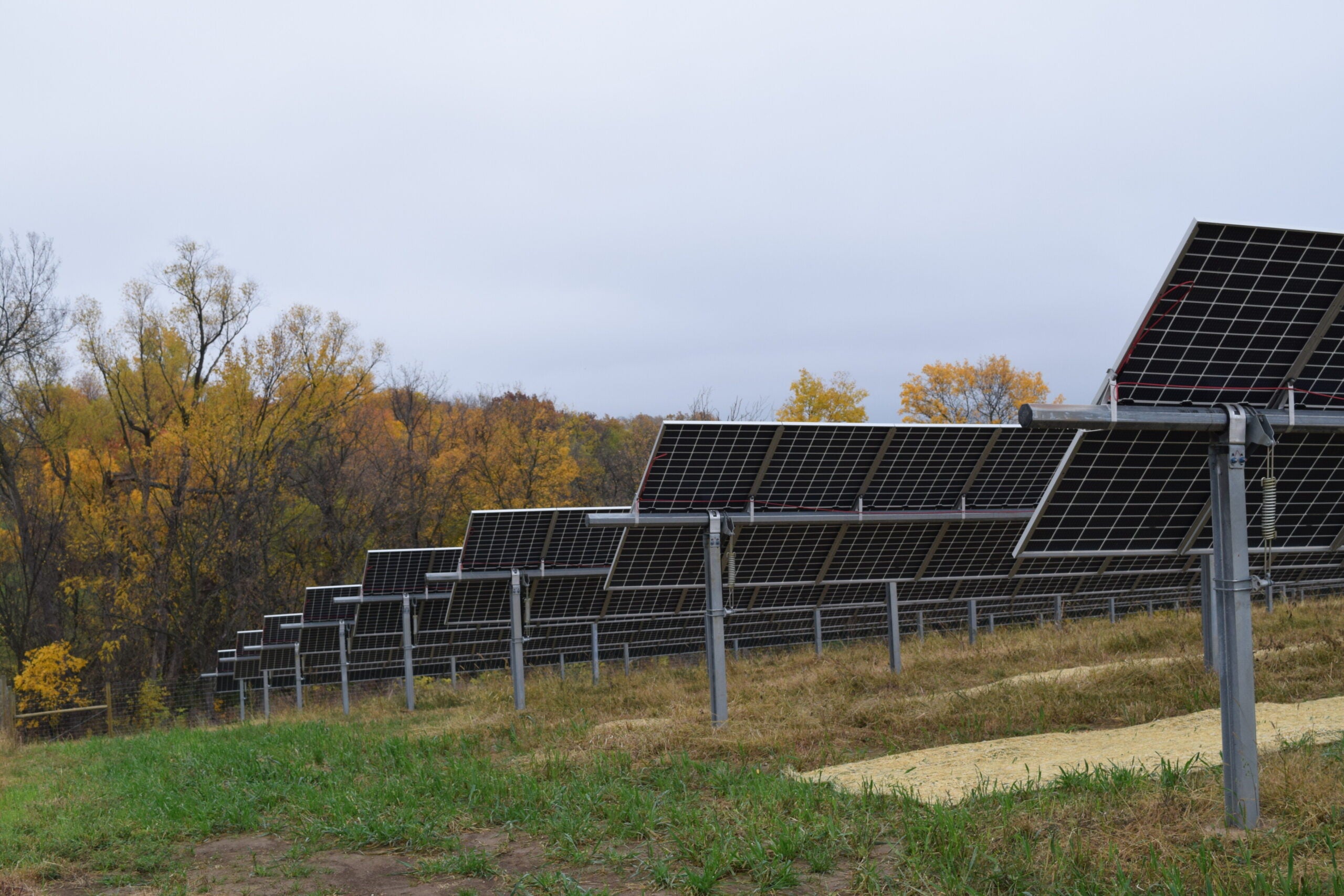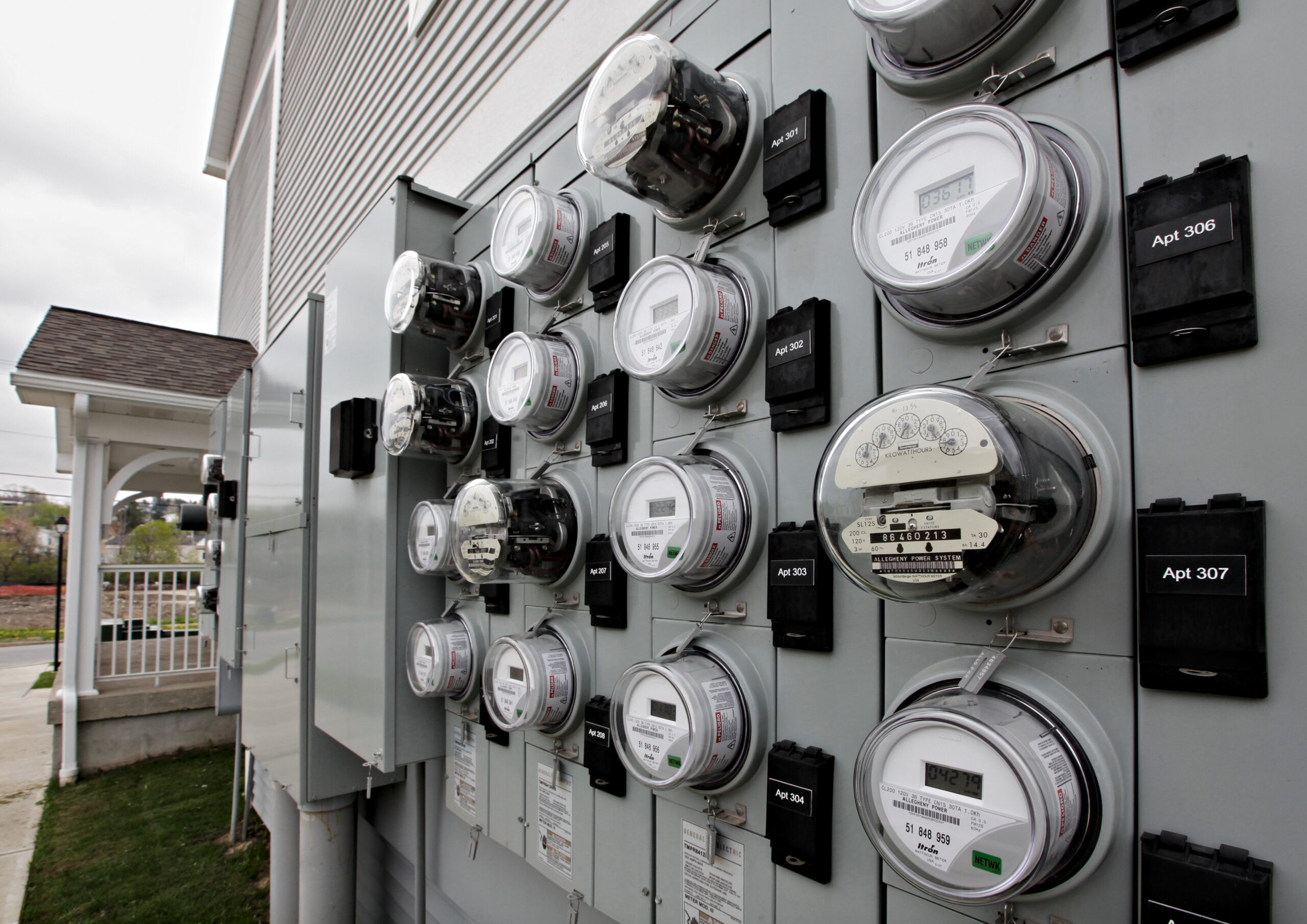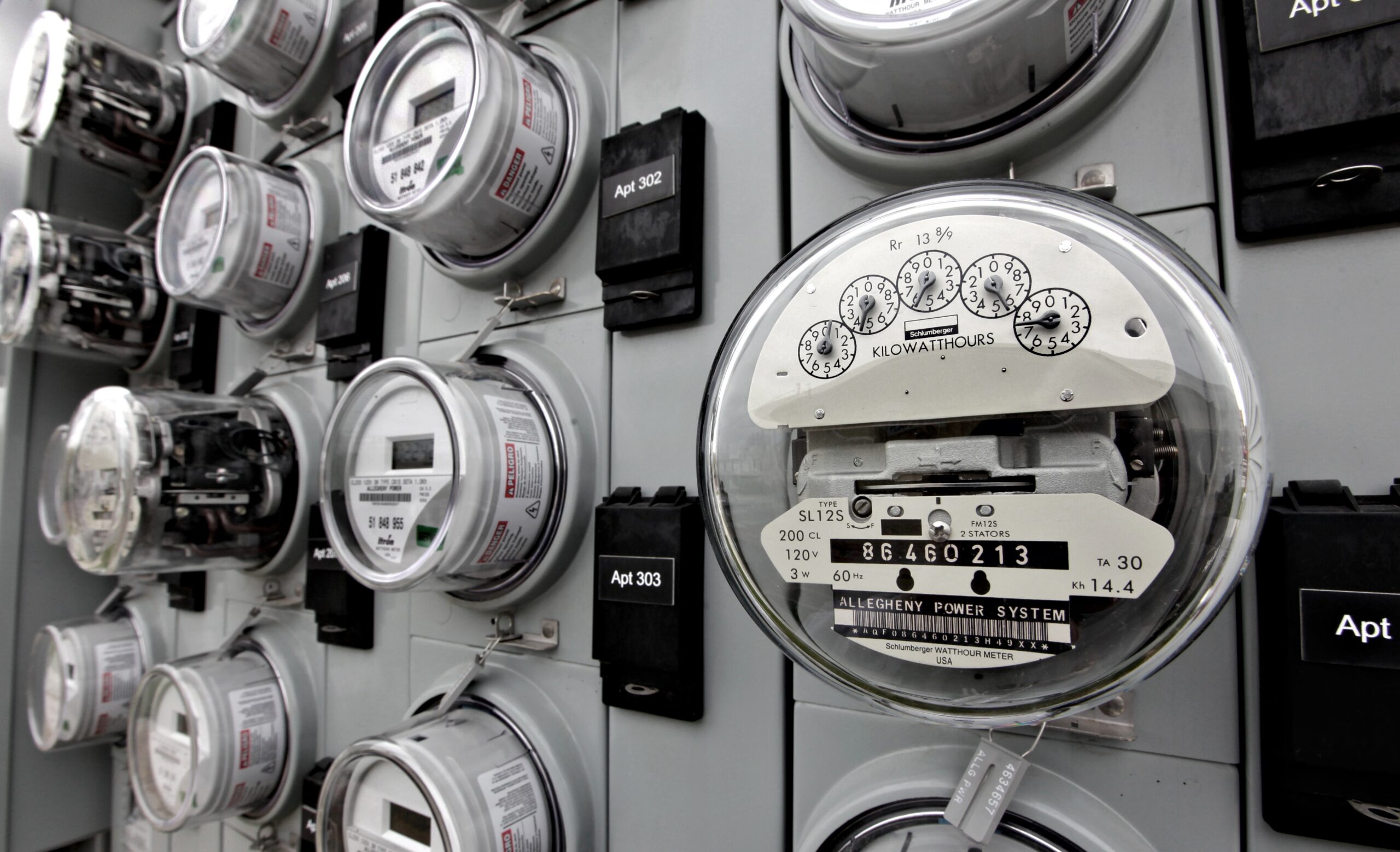Alliant Energy is offering to pay customers $25 if they let the utility control their home thermostats during peak electrical or gas demand in summer and winter.
Alliant hopes to enroll 7,000 customers with internet connected smart thermostats to enroll in its “Smart Hours” program by next year. The company is offering sign up bonuses of $25 and annual payments of $25 in exchange for letting the utility adjust the temperature in their homes by a few degrees up to 20 times per year.
“For customers, this is a simple way to save money and reduce their carbon footprint at the same time,” said Kari Gehrke, Alliant Energy demand-side manager, in a statement. “Empowering customers to be more energy efficient is one more way we deliver on our purpose-driven strategy to serve customers and build strong communities.”
News with a little more humanity
WPR’s “Wisconsin Today” newsletter keeps you connected to the state you love without feeling overwhelmed. No paywall. No agenda. No corporate filter.
Jeff Adams is Alliant’s Smart Hours program manager. He said the utility will use a third-party vendor to connect with manufacturers of smart thermostats like Ecobee or Nest and relay requests to increase or lower thermostat settings. Customers can override the changes if they want.
Adams says Alliant already offers incentives for businesses to reduce their energy consumption during peak demand.
“So, in similar fashion, we’re providing that type of opportunity for our residential customers to help lower their energy costs and the demand on the grid,” said Adams.
He said the Smart Hours program could also reduce the amount of electricity Alliant buys from the open market, which means the utilities carbon footprint will be lower.
Documents filed with the Wisconsin Public Service Commission estimate the Smart Hours program, another program that allows the utility to control internet connected water heaters, and a third aimed at improving efficiencies at cold storage warehouses, have the potential to reduce peak electrical demands by up to 6 megawatts by 2023.
Residential customers who don’t have smart thermostats can get Focus on Energy rebates of $50 for installing them in their home, according to the Alliant statement. On average, the utility said heating and cooling bills can be reduced by 10 percent with the devices.
“The program helps Alliant Energy use more environmentally friendly energy sources to meet electricity demand on extremely hot and cold days,” said the company statement. “By relying on cleaner, more energy-efficient sources, Alliant Energy can keep electricity costs lower for all customers.”
Wisconsin Public Radio, © Copyright 2025, Board of Regents of the University of Wisconsin System and Wisconsin Educational Communications Board.







